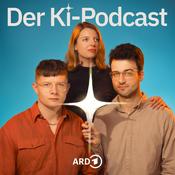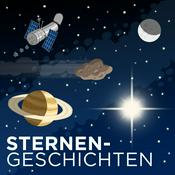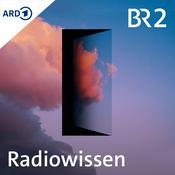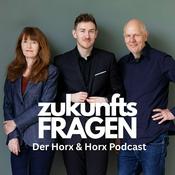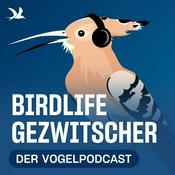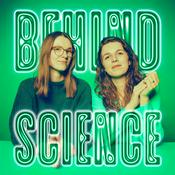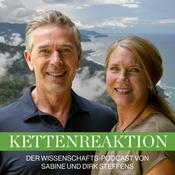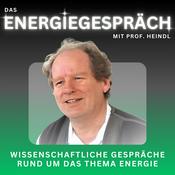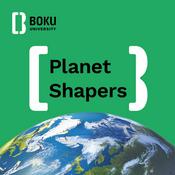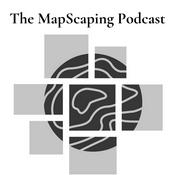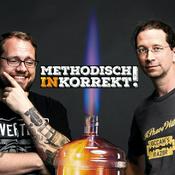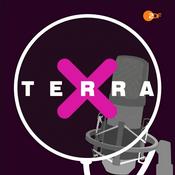Verfügbare Folgen
5 von 20
- How the next four years can improve our evidence base of the vaccination scheduleWith the new presidential administration in the US, more focus has been brought to the United States’ approach to public health - including their recommended vaccination schedule.Christine Stabell Benn and Tracy Høgh have done a series of podcasts over the last year and a half, which have brought specific attention to the way the US childhood vaccination schedule differs from that in Denmark. In this podcast Christine and Tracy Høgh summarize the insights gained from those discussions. and present their wishes for the coming four years:1) A revised framework for testing, approving and regulating new vaccines 2) Health authorities that carefully reviews all safety signals in relation to vaccines3) Stopping unnecessary vaccines4) Constructive research on the vaccines already in use5) No vaccine mandates6) A more open and transparent discussion of the pros and cons of vaccines7) A general focus on overall healthThe podcast is based on this article: https://tracybethhoegmdphd.substack.com/p/the-child-immunization-schedule-in?r=twyfi&utm_campaign=post&utm_medium=web&showWelcomeOnShare=true&triedRedirect=true--------1:06:27
- With Ram Duriseti, on the reanalysis of phase 3 trials of mRNA vaccines to children, and much moreRam Duriseti, MD, PhD, was part of the recent reanalysis of the phase 3 trials of mRNA vaccines to children, and also a strong voice of reason in California during the COVID-19 pandemic. Here he joins Tracy Beth Høeg and Christine Stabell Benn to talk about his experience as an Emergency Physician during the COVID-19 pandemic. Ram also explains why he mostly stayed out of research prior to the pandemic despite his PhD. We move on to discuss the reanalysis of the phase 3 trials of mRNA, its results, and its implications. Many new mRNA vaccines are underway for different pathogens. We all agree the COVID-19 mRNA vaccines were not sufficiently tested for their potential non-specific effects. The new mRNA vaccines will provide new opportunities for this but the FDA and EMA are unfortunately unlikely to require these types of studies for approval. Finally Ram discusses losing his clinical position at Stanford due to the booster mandate. Link to the reanalysis paper (preprint): https://www.medrxiv.org/content/10.1101/2023.12.07.23298573v3.full.pdf--------1:15:56
- What’s new on the World Vaccine Congress 2024Vaccination of Adults, Vaccine Safety, Non-Specific Effects of Vaccines, Gender Differences in Vaccine Responses, and New Malaria Vaccines... Sitting in the airport on the way back to Denmark, in a conversation with Dr. Tracy Beth Høeg, Dr. Christine Stabell Benn shares her impressions from the World Vaccine Congress, which took place in Washington DC from 1-4 April 2024. PS: We apologize that the sound quality is not perfect.--------35:27
- The COVID-19 mRNA vaccines given to the public weren't those studied in the clinical trialsWhat does this mean, how did this happen and what next?In this episode of "Sensibly curious about vaccines", Christine Stabell Benn, MD, PhD and Tracy Beth Høeg, MD, PhD invited Joshua Guetzkow, PhD and Retsef Levi, PhD to talk about what they discovered in relation to the changes in the Pfizer BioNTech COVID-19 vaccine manufacturing process that happened in the fall of 2020.We talk bias and lack of regulatory oversight from the FDA and EMA, what Pfizer may not have disclosed about the vaccine contents, what we know about the contents and safety of the "process 2" batches that the public received, the history of harms from vaccines rolled out with inadequate safety testing, the importance of transparency and how independent research, uncensored discussion and legal actions may offer solutions.Links to relevant literature:Drs. Guetzkow and Levi's BMJ rapid response about process 1 and 2: https://www.bmj.com/content/378/bmj.o1731/rr-2.Dr. Guetzkow's Twitter thread on the process switch: https://x.com/joshg99/status/1658421192326365185.Dr. Guetzkow's blog post on the CDC's safety signal analysis: https://researchrebel.substack.com/p/cdc-finally-released-its-vaers-safety.On the higher frequency of adverse events in process 2 batches: https://dailyclout.io/pfizer-process-2-vaccine-had-2-4-times-adverse-events/?utm_source=substack&utm_medium=email. The Ontario Preprint showing SV40 promoter in Pfizer mRNA vaccines: https://osf.io/mjc97/ A good timeline of the events: https://geoffpain.substack.com/p/production-of-the-pfizer-biontech.Dr. Guetzkow's project on censorship and suppression of scientists and doctors who raise safety concerns about vaccines: https://researchrebel.substack.com/p/suppressing-scientific-discourse and his paper on censorship and suppression of COVID-19 heterodoxy: https://link.springer.com/article/10.1007/s11024-022-09479-4.--------1:31:38
- DNA contamination of COVID-19 vaccines and should infants get hepatitis B vaccines?A "Sensibly curious about vaccines"-podcast – with @TracyBethHoeg and @StabellBenn.We discuss the latest evidence from Phillip Buckhaults' lab of DNA contamination in COVID-19 vaccines, more data on the new monovalent XBB COVID-19 vaccine and the current evidence landscape for the hepatitis B vaccine in infants & how the US and Europe disagree on recommendations.Links to the papers/talks we are discussing:A review on the use of aluminium as a vaccine adjuvant: https://pubmed.ncbi.nlm.nih.gov/30139653/Cochrane review of RCTs of hepatitis B vaccine in infants: https://www.cochranelibrary.com/cdsr/doi/10.1002/14651858.CD004790.pub2/fullLandmark NEJM study (RCT) on hepatitis B vaccine in high risk adult males 1980: https://www.nejm.org/doi/full/10.1056/NEJM198010093031501A study of the overall health effects of hepatitis B vaccine from Guinea-Bissau: https://pubmed.ncbi.nlm.nih.gov/15626943/--------53:20
Weitere Wissenschaft Podcasts
Trending Wissenschaft Podcasts
Über Vaccine Curious
This podcast investigates vaccines and does so with curiosity.
Whether it be from a medical or a personal angle each guest offers different perspectives on what we know about vaccines.
Your host is professor in global health from University of Southern Denmark, Christine Stabell Benn.
//
Coronapandemien har stillet skarpt på, hvad vi ved om vacciner, og hvad en nål i skulderen betyder for den enkelte, for samfundet og for forskningen. Spørgsmålene stilles af professor ved Syddansk Universitet, Christine Stabell Benn.
Podcast-WebsiteHöre Vaccine Curious, Rätsel der Wissenschaft und viele andere Podcasts aus aller Welt mit der radio.at-App
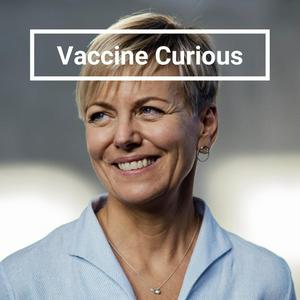
Hol dir die kostenlose radio.at App
- Sender und Podcasts favorisieren
- Streamen via Wifi oder Bluetooth
- Unterstützt Carplay & Android Auto
- viele weitere App Funktionen
Hol dir die kostenlose radio.at App
- Sender und Podcasts favorisieren
- Streamen via Wifi oder Bluetooth
- Unterstützt Carplay & Android Auto
- viele weitere App Funktionen


Vaccine Curious
Code scannen,
App laden,
loshören.
App laden,
loshören.

